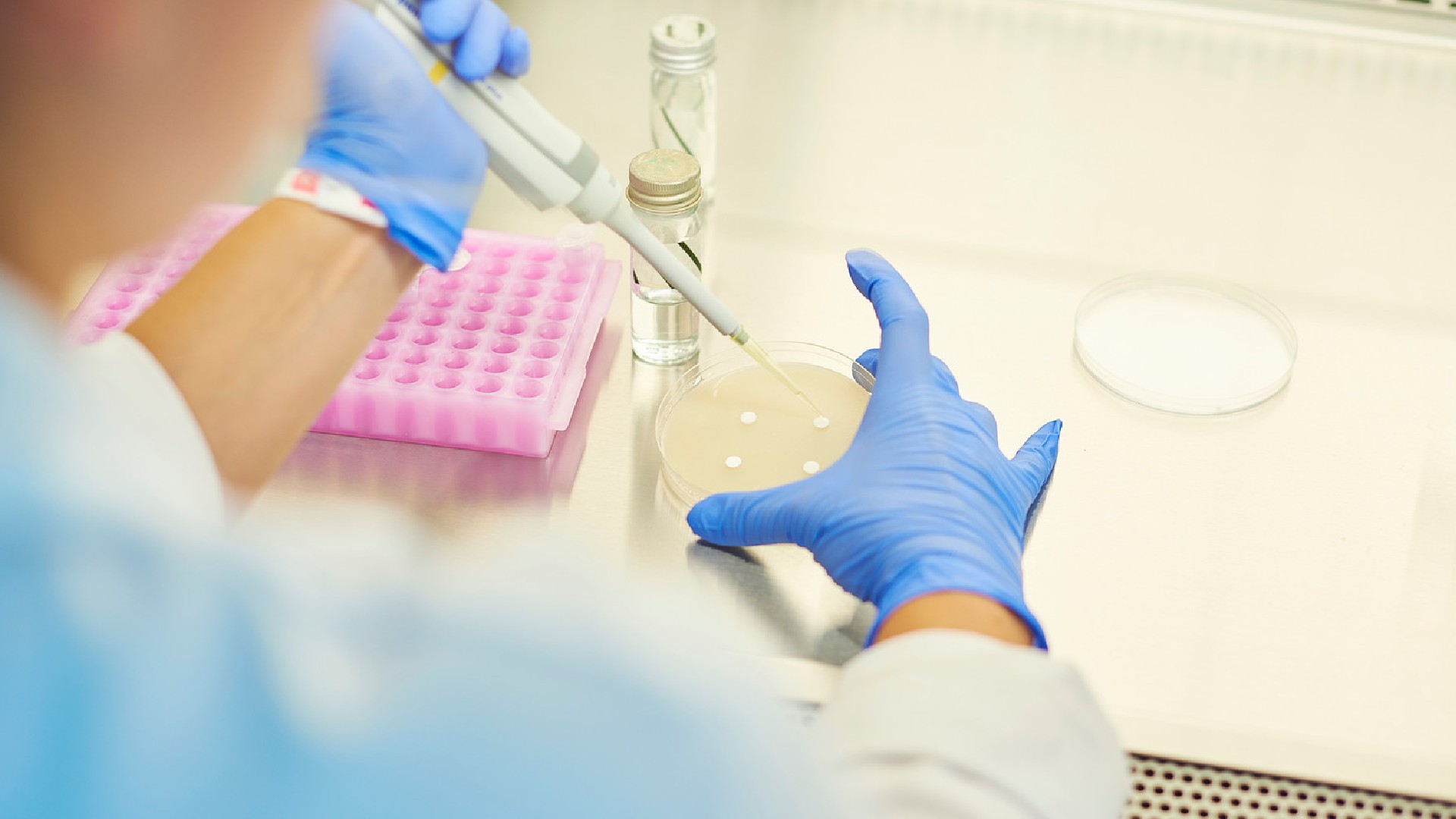Biological Sciences – Graduate Teaching Assistant (GTA) PhD Studentship



All postgraduate researchers (PGRs) are registered in the University’s Graduate School and housed in the faculty or department that is most appropriate for the project on which they are working. PGRs working on biological sciences projects are normally housed in the Department of Biology.
The research priorities in Biological Sciences at Edge Hill University span three interlinked strands: Ecology, Genetics and Biomedical Science.
- Ecology research priorities into forest adaptations to climate change, mitigating impacts of habitat change on biodiversity, conservation of species in rare habitats. Projects use plants, fungi, invertebrates and amphibians to explore how to sustainably manage grasslands and forests in different contexts across the globe.
- Genetics research priorities include vectors of disease, plant evolution, ecological and conservation genetics, divergent eukaryotic stress response mechanisms, soil microbiology and antibiotic discovery.
- Biomedical Science research priorities include regulation of cell signalling in cancer, degenerative conditions and endocrine hormone expression, pregnancy complications, age-related conditions, wound healing, gene therapies, nanotherapeutics and gene expression in specialised tissues involved in diseases of the brain, eye and skin with translational potential.
Across these biological sub-disciplines, we collaborate with national and international researchers as well as within Edge Hill University, utilising cutting-edge technologies.
The University in this recruitment round particularly welcomes applications for studentships in the project areas outlined below with additional research information on the research area web pages. All PGRs will be supported by a supervisory team with appropriate expertise. Also, see the University’s research repository for further information on the research outputs of each member of staff.
Please direct all enquiries about proposed projects on topics related to Biological Sciences to Dr Jayne Charnock and Dr Claire Harper, Graduate School Research Degree Co-ordinators for Biological Sciences, by emailing [email protected]stating the specific research theme/s of interest from the research themes list.
Research themes
Ecology and evolution
- Optimising the light environment in commercial greenhouses to enhance crop production
- The Honduran Fern Flora project (International project together with Liverpool World Museum
- and University of Zamorano)
- Epiphytes in Brazil – understanding large scale biodiversity patterns (International project with Federal University of Alfenas)
- Ecology and evolution of the herpetofauna of the Canary Islands
- Impacts of a changing climate on ectomycorrhizal fungi
- Using silvopasture systems to enhance biodiversity in agricultural landscapes
- Analysis of pesticides residues in soil and farm products.
Genetics
- Epigenetic variation in and ecological context
- Study of soil ecology and soil-microbial communities
Biomedical science: new therapies for diseases
- Modulation of cell survival in cancer via the PERP route
- Understanding how and why vision declines with ageing. What can we do?
- Effect of chronic inflammation on endometrial receptivity
- Epigenetic regulation of pituitary hormone expression
- Study of anticancer properties of vitamins, minerals, and phytochemicals on various cancer cells.
- Investigation of new antibiotics from natural products
- What links the cell cycle of the African trypanosome to the synthesis of its surface coat?
- How to African trypanosomes interact with host macrophages?
- How do African trypanosomes trigger an immune response in the host?